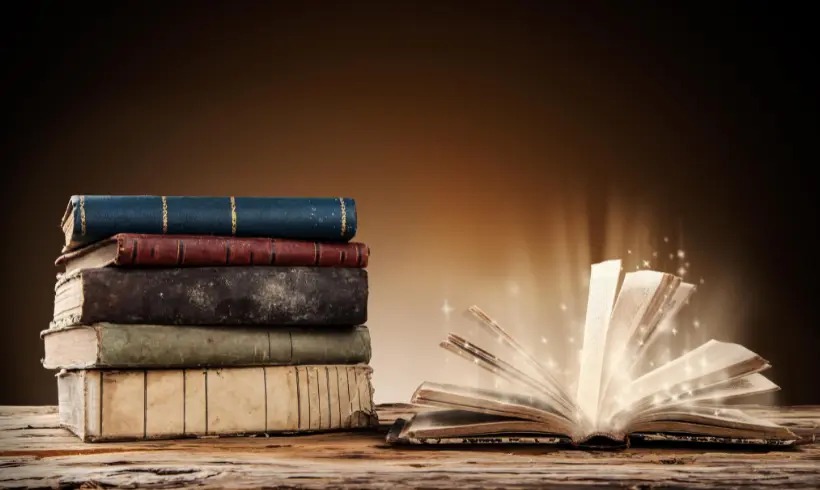In this article, you will find the literary genre to which the novel belongs, but only after knowing the importance of differentiating literary genres.
The novel is one of the world’s most popular types of narrative and is the longest of the various types of invented prose.
As a literary genre, the novel has been differentiated from the short story and other types of stories by its length, the development of its characters, and the plot’s focus, among other fundamental elements.
The first modern novel in the West is believed to be Miguel de Cervantes’ Don Quixote. Its popularity paved the way for the development of romance prose in the 18th century.
At the end we invite you to visit:
| Best Books: The Best 20 Novels [Paid]
What is a literary genre?
A literary genre is a literary category that is established according to the content, technique, length, and tone of the work.
Generally, a broad and abstract classification is usually established, as well as several subgenres and less demanding categories. Some categories are not recognized by the literary community or lack a clear definition.
Literary genres can be written in poetry and prose, and are almost always defined by some philosophical or cultural movement of a specific historical period.
Aristotle was the first to devise a classification of literary genres. The Greek philosopher introduced biological concepts and used the term “species” to refer to genres.
Later, literary criticism would develop to produce treatises on the techniques applied by writers to influence the reader’s emotions.
Often, ideas for classifying works into genres are not necessarily consistent, so some literary genres are the focus of constant debate within the literary community.
Within literary genres, certain common elements are usually found, such as protagonists, antagonists, and a theme, which is the central idea of the text in question.
Throughout the story, the author seeks to provide answers to all the questions raised by the initial plot.
Why is it important to differentiate literary genres?
The different literary genres that exist give writers a specific type of literature to develop.
If you want to develop your creative writing skills, you will be able to focus on different literary genres, from poetry to narrative fiction.
The fact that there are literary genres makes it easier for us to compare different works within the same genre and even how many novels defy the conventions established for each of them.
For example, thanks to literary genres, we can identify Don Quixote, by Miguel de Cervantes, as a chivalric novel.
From the reader’s point of view, differentiating literary genres allows you to know what to expect from a work before reading it. In any case, the result is the same: to classify works.
What are the literary genres?
Different literary genres have different purposes. As you look at the definitions below, notice how the technique, tone, length of the work, and type of content of each text change.
Whether it is a novel or an autobiography, by the end of this article you will know how to identify the distinctive elements of each work.
Narrative
The narrative genre is characterized by the use of the figure of the narrator to present the events of certain characters.
In this sense, the author presents a fictitious story or a representation of reality as if it were a world different from his own.
Unlike other literary genres, the narrative presents abundant descriptions of situations, environments, and characters.
It also shows actions that take place in a specific time and space and includes dialogues between characters or monologues. The narrator can be of different types:
- Omniscient narrator: One who knows all the details of the story, including the psychology of each character. The author usually uses the third person for the narration.
- First-person narrator: As its name indicates, it uses the first person due to the author’s protagonism in narrating. In this context, the work acquires an autobiographical character.
- Epistolary narrator: Includes the use of letters or epistles to tell the story between two characters.
- Witness (observer): In this case, the narrator tells the scenes or parts of the story that he or she knows or has witnessed. Unlike the omniscient, who knows everything, the witness has only one version of things.
Lírica
The lyrical genre is one in which authors present their feelings or emotions through prose or verse.
It is a subjective genre because the author shows reality from his own point of view and uses the word to reflect his experiences or moods. In this sense, the first person singular is used.
Some sub-genres of lyric poetry are the ode, the song, the hymn, the elegy, the eclogue, the satire, the epigram, the madrigal, and the letrilla, among others.
Drama
Drama is a type of fiction that is presented through acting and dialogue. Within this literary genre coexist other genres that we will see below, such as the novel.
Drama is defined by Aristotle as a “representation of a total action” that has a beginning, a middle, and an end. Drama is often presented in live performances.
It coexists with dialogue to bring the representation of reality to the stage.
The course of these stories is given by the relationship that exists between the characters, while the dialogue allows the audience to get to know them in depth without the need for them to be described by the author.
Didactic genre
Its main objective is to impart or disseminate knowledge or ideas, which are expressed in an elaborate, artistic tone and with philosophical resources.
At this point, you are probably wondering which of these genres the novel belongs to.
To what literary genre do the novels belong?
The novel belongs to the narrative genre. As mentioned above, the narrative has produced different types of literature depending on the subject.
The novel is a work written in prose and its main purpose is to provoke a sensation of aesthetic pleasure in the readers.
If you are just starting out in learning literary genres, narrative, prose, drama, and poetry should be in your sights.
All of these genres served as the basis for the other types of literature, and understanding them is essential to become much more involved in the content-creation process.
If you are looking for inspiration, want to study a subject in depth, or just want to feel the pleasure of reading, then we invite you to take a look at our extensive collection of +3,500 free books.
Other articles that may interest you

In the following article, you will find all the elements that make it possible to build the structure of a…
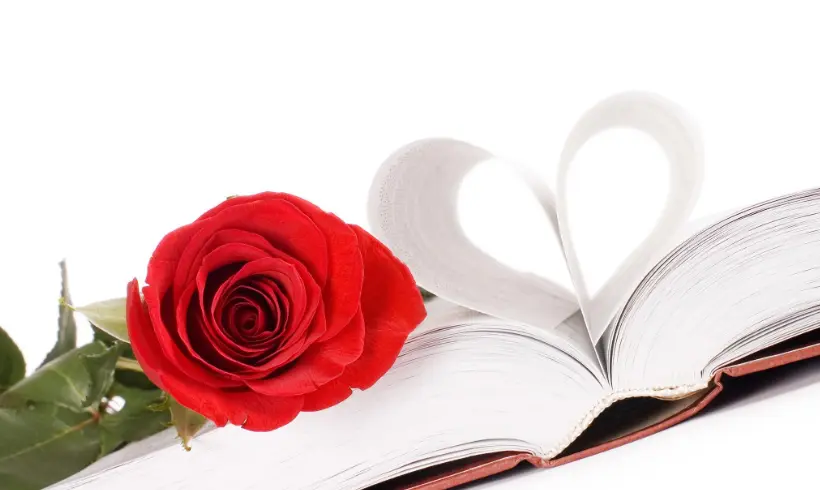
If you want to know the definition of a romance novel, its origins, and its main characteristics, this article is…

In the following lines, we tell you everything you need to know about the crime novel, including its main characteristics,…
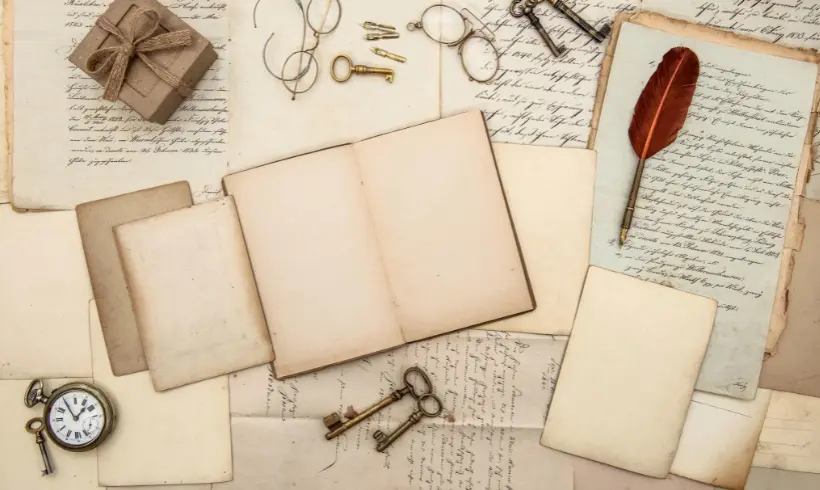
The epistolary novel is one of the most influential literary styles in history. In this type of work, the story…

Whether to entertain or escape reality, we look for good stories to connect with our emotions, such as the satisfaction…

Below, we've compiled for you our top 10 novels that were made into movies. If you've made it to this…

Below, you will find our top 10 novels you should read. We are clear that many titles from our list…

This article contains all the information you need about adventure novels, from their origins and most relevant characteristics. In addition,…
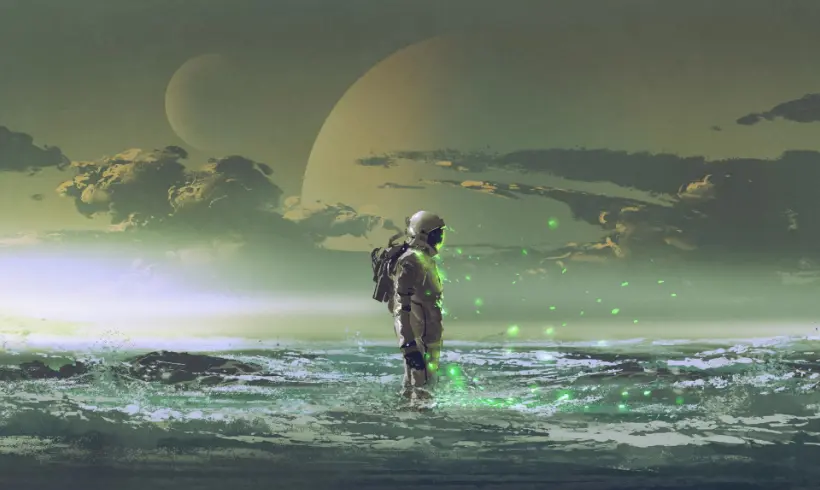
In this article, we will explore the science fiction novel, its meaning, origins, most important characteristics, and you will learn…
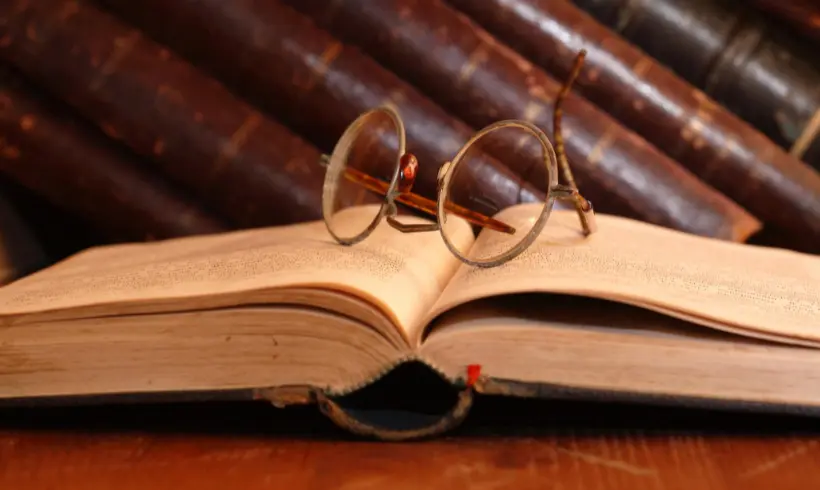
In this article, we will show you the most important characteristics of the didactic novel, its most important works, and…

What is the dystopian novel and what characteristics differentiate it from other novels? When did this style originate? What are…

In this article, we will discuss the concept of the historical novel in the literary context, its origins, and its…
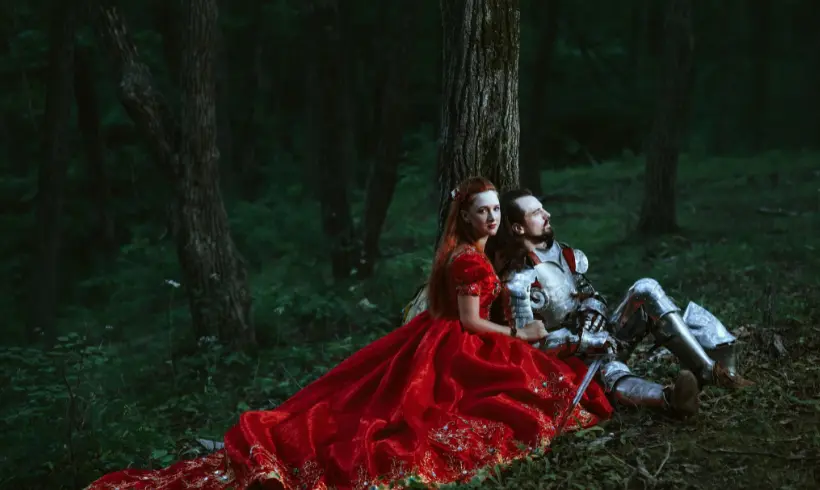
Undoubtedly, the novel of chivalry is one of the most influential narrative subgenres in the world, specifically because of its…
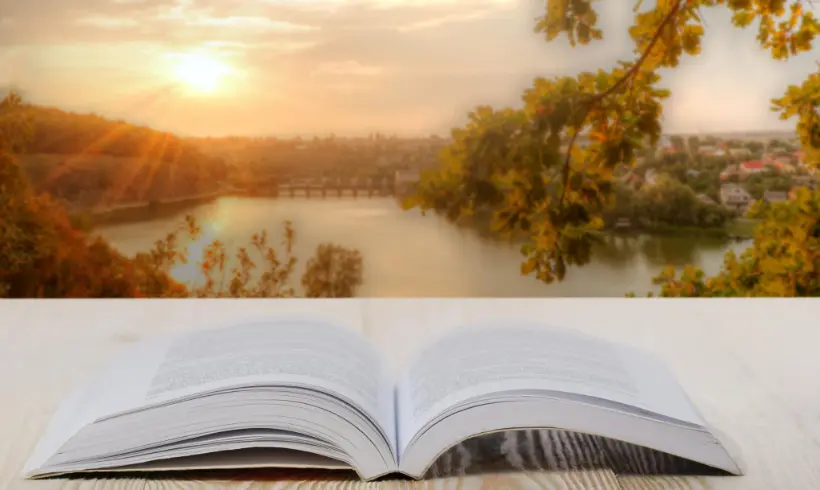
Below you will find all the information you need about the novel as a literary genre, including its origins, characteristics,…




